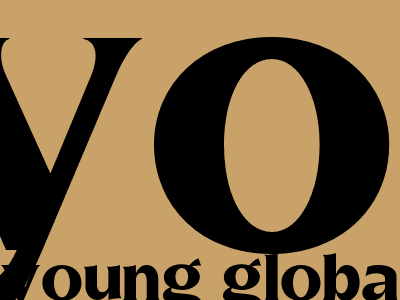
Alice Weidel: Young Global Leader and Rising Star in German Politics
A Profile of the Controversial German Politician
Introduction
Alice Weidel, a prominent figure in German politics, has garnered significant attention for her outspoken views and role as a rising star within the Alternative for Germany (AfD) party. This in-depth profile delves into Weidel's background, political beliefs, and the controversies surrounding her, providing a comprehensive analysis of her influence on the German political landscape.
Early Life and Education
Born in Gütersloh, Germany, in 1979, Alice Weidel studied economics and worked as an investment banker before entering politics. She holds a PhD in economics from the University of Bayreuth.
Political Career
Weidel joined the AfD in 2013 and quickly rose through the party's ranks. In 2017, she became co-leader of the party alongside Alexander Gauland, and in 2021, she was elected as the AfD's parliamentary leader in the Bundestag.
Political Views
Weidel is known for her conservative and nationalist views. She is a staunch critic of the European Union, immigration, and what she perceives as the "Islamization" of Germany. Her controversial statements have often sparked outrage from across the political spectrum.
Controversies
Weidel has been involved in numerous controversies throughout her political career. She has been accused of racism, xenophobia, and anti-Semitism. In 2018, she was charged with incitement to hatred for a speech in which she compared refugees to "invaders." However, the charges were later dropped due to parliamentary immunity.
Influence on German Politics
Despite the controversies surrounding her, Weidel has become a significant figure in German politics. The AfD, under her leadership, has gained ground in recent elections, becoming the largest opposition party in the Bundestag. Weidel's influence extends beyond the AfD, as her views have resonated with a growing number of voters disillusioned with the established political order.
Conclusion
Alice Weidel is a complex and controversial figure whose impact on German politics is undeniable. Her outspoken views and populist rhetoric have both attracted and alienated voters, and her party has emerged as a significant force in the German political landscape. As Germany grapples with the challenges of immigration, globalization, and the rise of populism, Weidel's influence is likely to remain a topic of debate and discussion in the years to come.